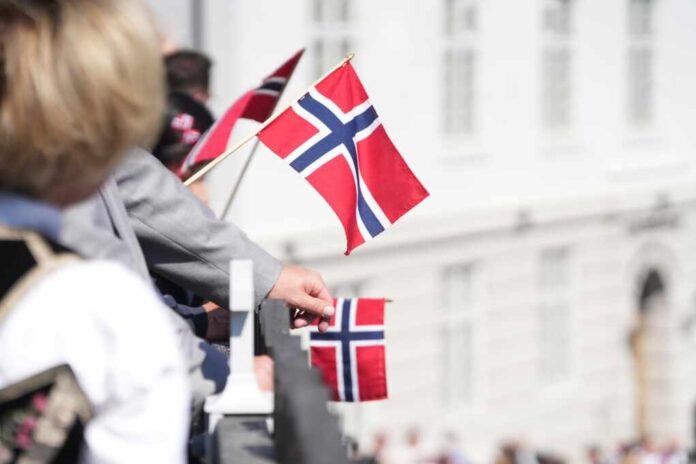
Norway’s wealth fund’s investment choices threaten its ethical reputation, sparking global criticism and calls for reform.
Story Highlights
- Norway’s sovereign wealth fund invested in an Israeli defense firm, contradicting its ethical guidelines.
- The controversy erupted after a media expose, leading to protests from Norwegian organizations.
- UN and civil society groups demand divestment from companies linked to military actions.
- No official divestment has been announced, intensifying the debate on Norway’s ethical policies.
Norway’s Wealth Fund Controversy
Norway’s $2 trillion sovereign wealth fund, the world’s largest, was recently exposed for investing in Bet Shemesh Engines Holdings, a company servicing Israeli fighter jets. This revelation has highlighted a significant contradiction between Norway’s stated ethical investment policies and its financial actions. The exposure followed years of protests and a formal warning from the UN, amplifying criticism from various Norwegian organizations that demand divestment from companies linked to human rights abuses in the occupied Palestinian territories.
This situation has sparked a national debate about the fund’s compliance with its ethical guidelines and its impact on Norway’s international reputation as a proponent of peace and human rights.
Virtue-signaling Norway fund divests from Israel — but showers cash on China, Qatar https://t.co/2Zk8bLIHqp pic.twitter.com/eLKhDjMp63
— New York Post (@nypost) September 5, 2025
The Ethical Investment Dilemma
The GPFG is managed by Norges Bank and aims to balance financial returns with ethical considerations, a mission increasingly scrutinized due to its expansive global investments, including in arms companies. This recent scandal shines a light on the fund’s investments in conflict zones, particularly Israel, challenging Norway’s commitments to ethical investments and human rights advocacy. Despite previous divestments from companies violating these guidelines, the fund’s inconsistent application of ethical standards remains a critical point of contention.
As the situation unfolds, Norway must address the growing pressure from civil society and international bodies to align its investment practices with its ethical guidelines.
Calls for Transparency and Reform
The exposure of the GPFG’s investment in Israel has led to intensified calls for transparency and reform, with public protests and increased scrutiny of the fund’s portfolio. The UN Special Rapporteur and a coalition of 48 Norwegian organizations have issued formal protests demanding immediate divestment. This controversy not only affects Norway’s domestic politics, with the Labour Party facing pressure from both the public and allied organizations, but also threatens its international reputation as a leader in ethical governance.
While the debate continues, no official divestment has been announced as of September 2025, leaving the future of Norway’s investment strategy uncertain. In the long term, this incident may lead to a revision of Norway’s investment policies, emphasizing the need for stricter oversight and alignment with ethical standards. Failure to address these issues could result in lasting reputational damage and set a precedent for other sovereign wealth funds globally.
Sources:
Norway’s Wealth Fund Faces Israel Investment Scandal
Oil-powered Genocide: Norway’s Ethical Investments Hypocrisy

























